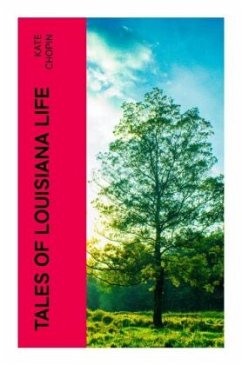
The Country of the Pointed Firs
Versandkostenfrei!
Versandfertig in 6-10 Tagen
8,60 €
inkl. MwSt.

PAYBACK Punkte
0 °P sammeln!
In Sarah Orne Jewett's seminal work, "The Country of the Pointed Firs," the reader is whisked away to a fictional coastal Maine village, where the rich tapestry of rural life unfolds through a series of interconnected vignettes. Jewett employs a nuanced and lyrical prose style characterized by its deep observation of local customs, language, and nature, which is emblematic of the regionalist literary movement of the late 19th century. With a profound sense of place, Jewett explores themes of community, tradition, and the complexities of human relationships, inviting readers to connect intimate...
In Sarah Orne Jewett's seminal work, "The Country of the Pointed Firs," the reader is whisked away to a fictional coastal Maine village, where the rich tapestry of rural life unfolds through a series of interconnected vignettes. Jewett employs a nuanced and lyrical prose style characterized by its deep observation of local customs, language, and nature, which is emblematic of the regionalist literary movement of the late 19th century. With a profound sense of place, Jewett explores themes of community, tradition, and the complexities of human relationships, inviting readers to connect intimately with the characters and their environment. Jewett, a prominent figure in American literature, drew inspiration from her own experiences growing up in small-town Maine. Having immersed herself in the intricacies of rural life, her compassion for the lives and stories of ordinary people is palpably woven into the narrative. Her background in New England culture and her commitment to capturing the subtleties of everyday life shine through, showcasing her skill as not just an author, but as a chronicler of American life. Readers seeking a profound exploration of human connection and the beauty of simplicity will find "The Country of the Pointed Firs" an invaluable addition to their literary journey. Jewett's vivid storytelling and empathetic portrayals invite reflection on our own relationships and the landscapes we inhabit, making this work a must-read for those interested in American literature and regionalism.












